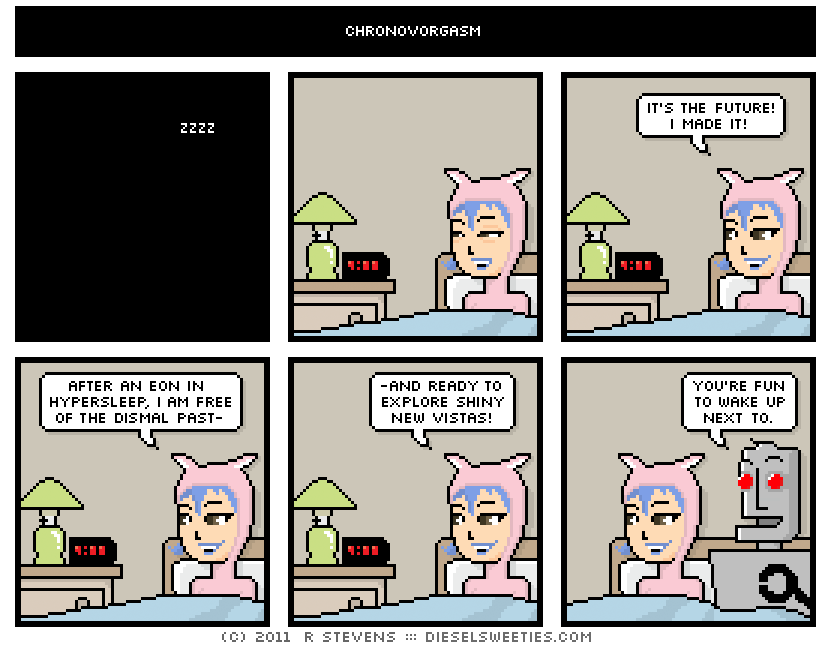The Tennessee Latin American Chamber of Commerce is one of two Nashville-based Hispanic business chambers. The TLACC recently released a testimonial video (below) as well as a "mission accomplished" video (above) looking back on the tenure of outgoing board president Tera Vazquez. It also announced new leadership, listed at the end of this article.
Ten years ago, when this group was known as the Tennessee Hispanic Chamber of Commerce, I and many others visited the Chamber's networking events and got to know the proactive crowd of Hispanic businesses as well as "Hispanic curious" businesses and individuals.
The Chamber went through a radical transformation after co-founder Greg Rodriguez passed away in 2005 and co-founder Robert Chavez left the organization in 2007. It was the first time in eight years that the founders were not at the reins, and the Chamber started looking and acting more like an independent group of professionals. Ramon Cisneros was chair of the board at the time.
In 2008, Tera Vazquez was tapped to lead the organization. In the past three years, the group has returned to its roots by hosting regular networking luncheons while at the same time boosting its internal and external credibility with education and outreach.
Just a few months ago, they changed their name from the Tennessee Hispanic Chamber of Commerce to the Tennessee Latin American Chamber of Commerce.
The Chamber's first 2012 announcement is of Tera Vazquez's replacement. Nelson Remus of Remar, Inc. is the incoming Board President, and Mayra Zimmer, vice president at AGLA, is the Vice President.
Board members for 2012 include the following:
- Jesus Cachaya, Imperial Services
- Tracee Carpenter, Fifth Third Bank
- Trudy Carson, Metropolitan Nashville Airport Authority
- Jessie Garcia Van De Griek, Lipscomb University
- Ann Gillespie, ProLingua, Inc.
- Marcela Gómez, Hispanic Marketing Group
- Shane Merrill-Facio, SunTrust Bank
- Raul Miranda, MetLife Southern Financial Group
- Alfonso Nieto, Hola TN Newspaper
- Adriana Nuñez, Mi Banco
- James Threalkill, Skanska
- Tera Vazquez, Guy Brown Products
- Peter Woolfolk, Communication Strategies














